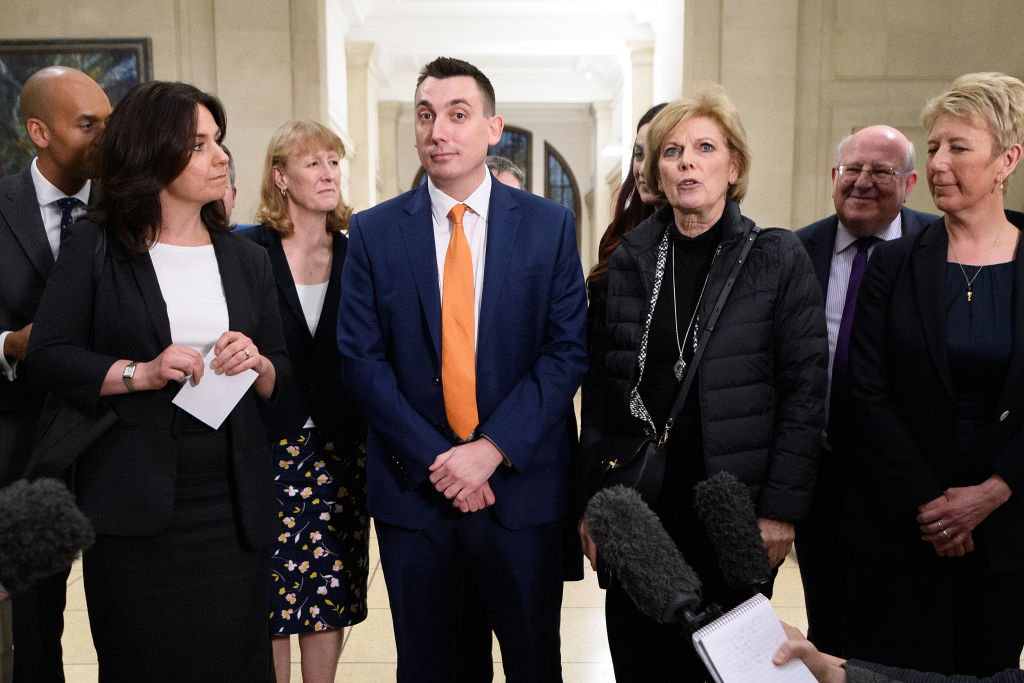Most people at Westminster are betting against the Tiggers. Most people, if forced to guess, would predict that the Independent Group won’t become a new political party that wins scores of seats in the Commons. We can all recite the reasons: no membership, no machine, no leader, no policy platform, the electoral system…
But maybe that doesn’t matter. Because there are more ways to change things than winning seats. Just ask Ukip – if you can find it these days. Ukip only ever won one seat in the Commons, and in truth it was Douglas Carswell not the party who delivered it. But Ukip still changed history: without it, David Cameron would very likely have got out of calling the EU referendum. You don’t need to become a big party in the Commons if you can influence a big party’s choices.
This week, the Tiggers have done just that, twice and maybe three times.
The first time was when Jeremy Corbyn made his latest semi-move on a second referendum. Of course, his statement on Monday doesn’t mean such a vote will happen: there’s still no majority in the Commons for it. But it still matters. It tells the world — and especially Brexiteer Tories — that Corbyn is not an immovable object. He can be swayed towards a more pro-EU position.
He didn’t want to move, but he had to because what he wants less is to lose more Remain-minded MPs — and possibly in time, voters — to TIG and its anti-Brexit stance. And Corbyn can be moved – just ask Chris Williamson. Yes, the Labour leadership’s response to Williamson’s dreadful dismissal of Labour’s dreadful anti-Semitism was far, far less than most people would expect. But the very fact that Team Corbyn eventually agreed to suspend Williamson shows again that TIG worries them: at least one Labour MP would have walked out if Williamson had remained an active member of the PLP tonight.
The third instance of TIG influence is less clear-cut, so I’ll frame this as a question: would Theresa May have been quite so accommodating of ministers demanding she rule out a No Deal Brexit if there was not the prospect of a nascent new party for more unhappy pro-EU Tories to join?
And what does the TIG effect on Labour’s Brexit position do to calculations about the chances of ERG Tories eventually climbing down and backing the May deal instead of gambling the whole Brexit project again by holding out? The prolonged Brexit endgame is a multi-round exercise in game theory, all the players reacting pre-emptively to what they think others might (or might not) do. Even small adjustments in the perceived probabilities could have large effects: if, as quite a lot of people now seem to expect, May holds her current course and enough ERG Tories and Labour MPs begrudgingly vote her deal through, who could say TIG hadn’t been a factor?
If Ukip was a bee that stung the Tories then died, might TIG be a different creature, the mythical butterfly that flaps its wings and causes a tornado on the other side of the world?







Comments